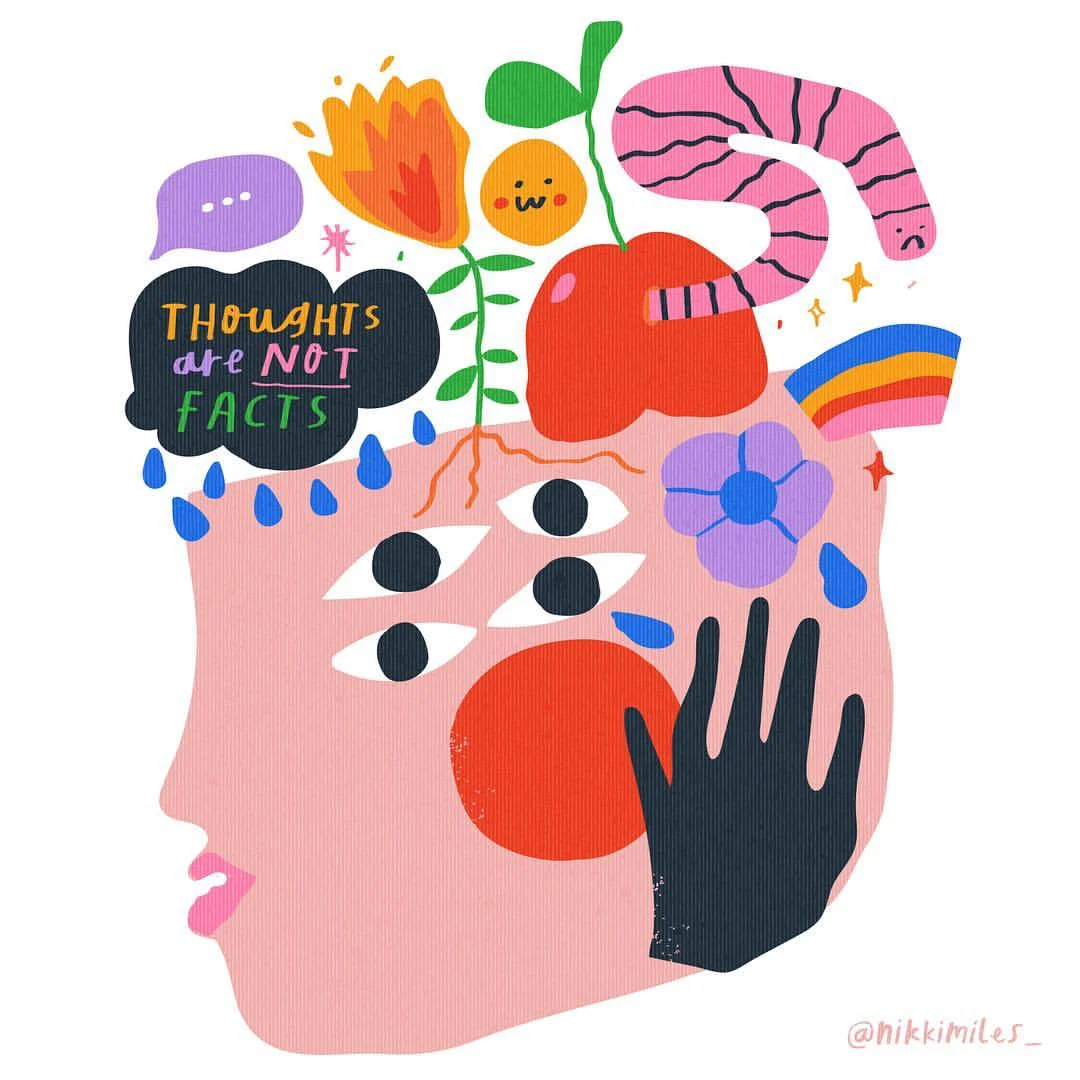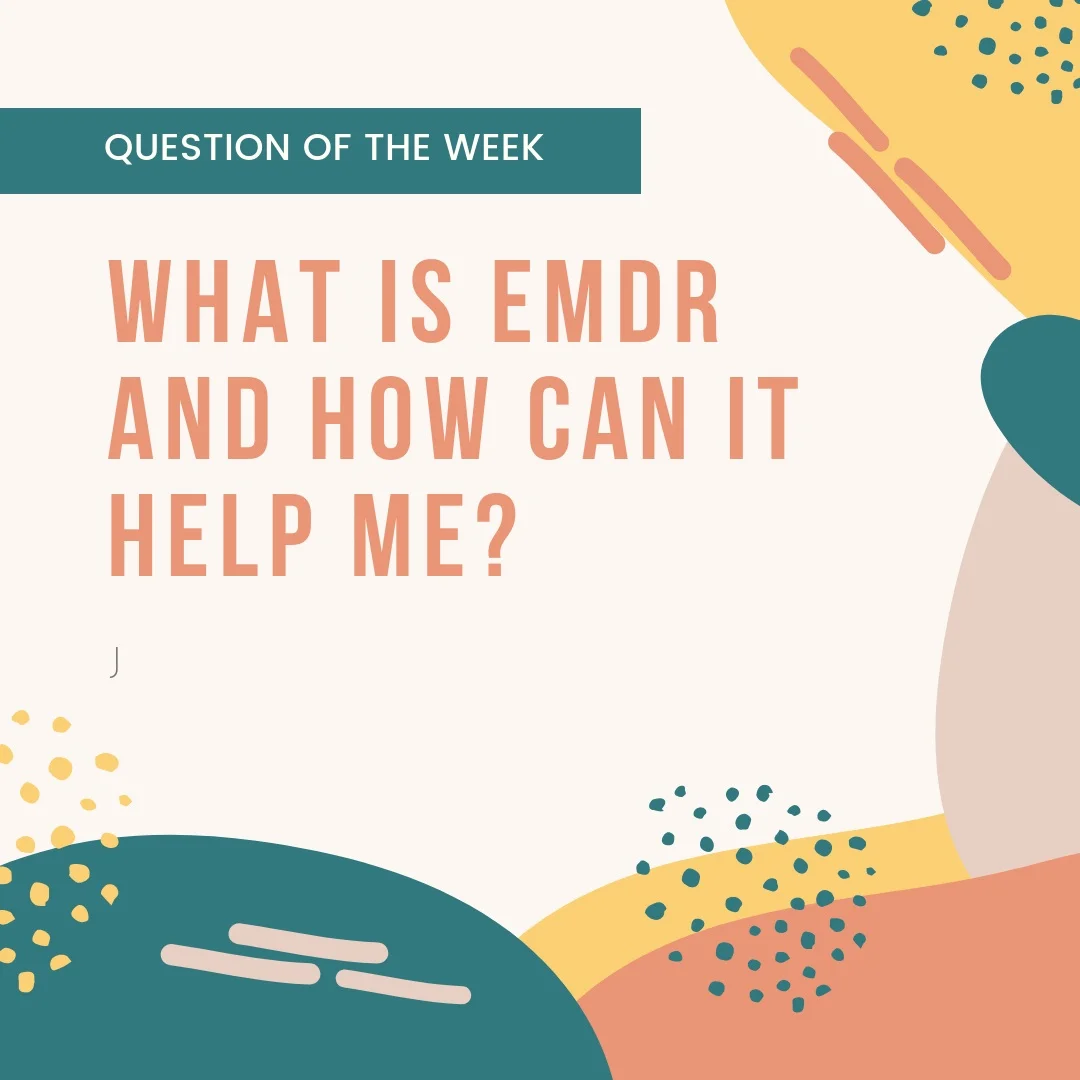Trauma therapy and EMDR
Untangle the Confusion
If you experience intense levels of emotion, negative self-beliefs (such as unlovable, unworthy, not good enough, a failure), excessive guilt, or experience broken relationships, you may benefit from EMDR and trauma therapy.
EMDR, eye-moment desensitization and reprocessing, is an evidenced based approach that has most commonly been associated with treating trauma. EMDR therapy incorporates thoughts, beliefs, emotions, and body sensations that get in the way of living in the present moments.
There are Big “T” Traumas and little “t” traumas. Big “T” Trauma is an event that is a real or perceived threat to your life or an event where you feel powerless and out of control. Big “T” Trauma is what we usually think when someone mentions abuse, combat/war, natural disasters and accidents. It is overwhelming to a person’s system and will often lead to PTSD. It is easily recognized as trauma. Little “t” trauma is an every day event that exceeds our ability to cope and we (usually) handle it poorly. Alone, it won’t have much of an effect but if our little “t” traumas build on each other eventually may lead to the development of negative beliefs and PTSD symptoms. Little “t” trauma can be being bullied at school, experience chronic pain, infidelity, divorce, abrupt or extended relocation/move, planning a wedding, staring a new job, conflict with significant others or children, having or adopting a child, legal trouble, financial worries or difficulty. Each type of trauma should be acknowledged and treated. Just because you think, “it shouldn’t bother me” doesn’t mean that it won’t. Trauma and trauma are real and a part of living life. When they lead to difficult coping in the present-that’s when you should seek help. Click the button below to schedule an appointment with Julie Ayala, LPC, SEP, EMDR-Certified today. If you have questions, you can email Julie directly at julie@thecounselingcollectivefw.com.








When we hear the word trauma we often think of a terrible life-threatening event – a car accident, natural disaster or an act of violence which changes us forever. But psychological trauma needn’t be caused by a single event – it can be – and often is – the result of a cumulative process of traumatic interactions in childhood which can permanently change the brain and leave young people with a vulnerability to mental illness. So what happens when something goes wrong?